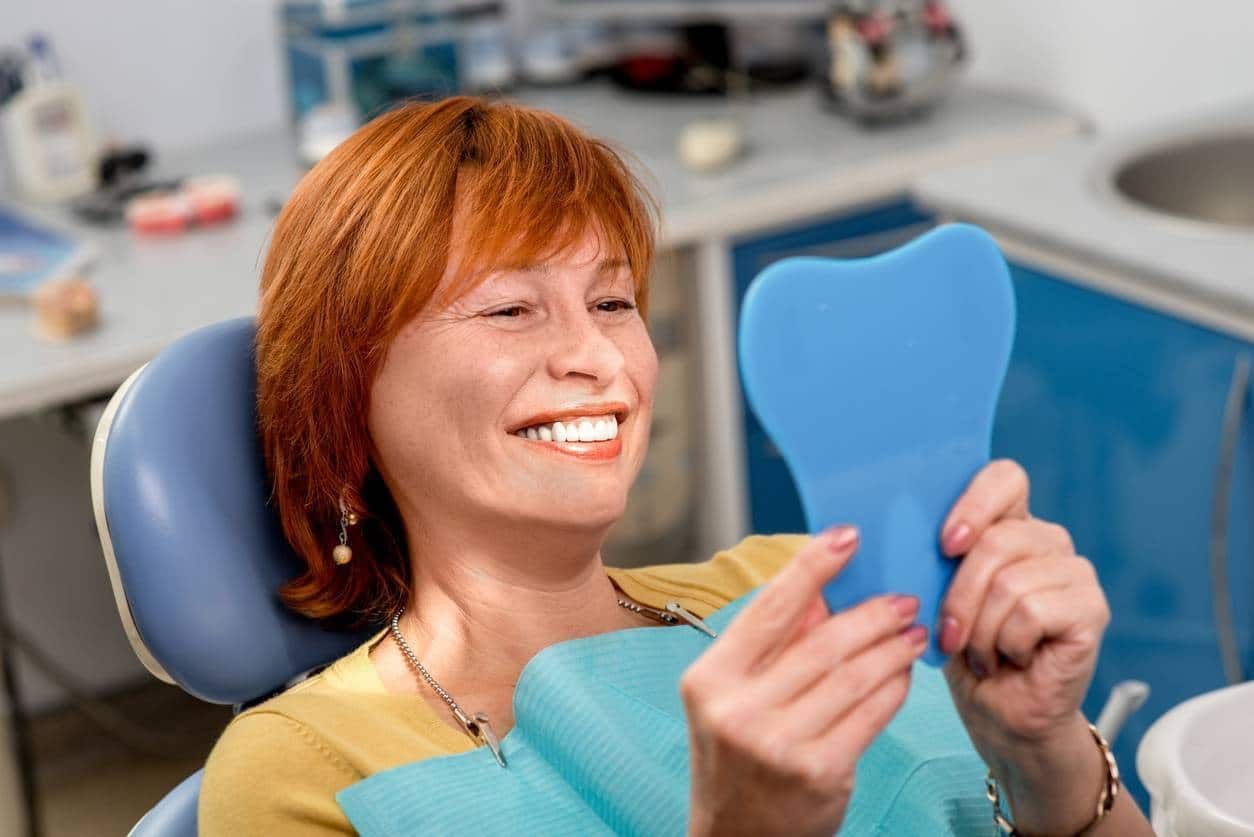7 things to know about dental implants
No more dentures or bridges, the trend is towards dental implants that practically replace the missing roots. L’s implant’is integrated with the’It is a good choice for the bone structure, which makes it possible to’to accommodate several artificial teeth. But what do we know exactly about this technique that remains a heavy operation ?
Qu’What is it?’a dental implant ?
As its name suggests’indicates, the’dental implant is not just a cosmetic procedure. L’absence of’The absence of one or more teeth affects the chewing process and causes a displacement of the adjacent teeth. In the long term, it will be necessary to’s life expectancy is much longer than that of the bridge’Natural tooth engagement. The development of cavities is also to be feared.
To get a dental implant, you can contact a clinic such as implants-dentaire-hongrie.com to find a specialist in the field implantology, prosthesis and conservative dental care. Dental surgeons will help you to smile again. Each patient will be accompanied throughout his or her treatment.
L’The procedure consists in implanting an artificial root in the jawbone of the patient. It s’acts of the point of origin’anchoring of’A fixed prosthesis that will accommodate one or more artificial teeth.

Why choose an implant over a bridge?’a bridge ?
First of all, it is important to distinguish between these two concepts. L’An implant allows you to replace the missing root while a bridge is similar to a prosthesis. As such, it includes a succession of dental crowns. In the case of’In a dental implantation, the dental surgeon is therefore required to place a crown over an implant.
Note especially that the life of the implants is much greater than that of the bridge.
Placement of dental implants’Dental implants: what are the prerequisites ?
Do you’you will have understood, dental implants are not suitable for everyone. To be eligible for this type of dental implant, the following options are available’If you want to have an intervention, you must be in good health and have healthy gums. The dental surgeon will make sure that the bone base of your jaw is strong enough to accommodate the’implant. It happens that the bone base is too thin for this type of implant’operation.
Alternatives to dental implants’To be eligible for this type of dental implant, the following options must be considered.
In addition, valve diseases, smoking, allergies, diabetes or even the lack of an adequate diet are not considered’Kidney failure will lead to tooth loss’How is the placement of the implant done?’dental implants. It is advisable to ask for information beforehand’a health professional. In addition, you should know that the placement of a dental implant is a very important procedure’Dental implants involve several constraints.
In particular, you must do the following’subject to several medical follow-ups. Of course, the implant(s) will also need to be cared for.
Opting for dental implants: what are the advantages ?
L’Dental implant is considered the best recourse to replace a tooth, from the root to the crown. Compared to prosthetic solutions, the’implant has many functional and aesthetic advantages. It allows you to proper chewing and therefore to eat all foods without any restriction.
You are free to bite into an apple or chew meat.
In a second step, the installation of a dental implant is covered by the French health insurance’dental implant preserves the’integrity of your jaw. It can happen that the gum loses its tone because of the artificial root’A lack of stimulation or a lack of energy’physical exercise. Tooth loss also causes resorption of the implant’bone in the jawbone.
L’A dental implant remedies these many inconveniences by restoring the body’s ability to eat’balance as well as the mechanical stimulation of the bone base.
The needs of phonation and the imperatives of social life require the use of dental implants’a beautiful dentition. It is essential to replace a tooth as soon as possible to prevent any imbalance in the jawbone. Remember that when’If a tooth is missing, the adjacent teeth will systematically shift.
This phenomenon leads to a gap between the teeth of the upper and lower jaws.
Given the high success rate in implantology, dental implants are reliable and long-lasting. However, it is the patient’s responsibility to care for them properly within the framework of the treatment’good oral hygiene. Remember that’a tooth n’is not an independent unit.
It plays an essential role in a complex and balanced system.

How does the implant placement work?’a dental implant ?
If all the conditions are met, the dental surgeon proceeds with the treatment’operation. This will be done according to the type of dental implant’the implant to be inserted and the tooth to be replaced. In order to’In other words, the’The operation can be performed in two or three sessions.
You should also know that in most cases, the placement of the crown can only be done after the implant has been placed’According to the healing of the bone base of the jaw.
Technically, the installation of a device is not necessary’an implant takes place in three steps. First, the dentist cuts the gum, which allows him to provide a space for the artificial root. He then closes the gum in order to remove the artificial root’the healing process is initiated.
The patient will have to respect the “feeding” phase so that the’bone around the tooth’The implant has time to heal properly. This usually takes three to six months depending on the patient, the type of implant and the type of tooth’implant, etc.
Once the healing process is complete, the practitioner will perform the operation connects the’implant to a temporary prosthesis through the use of an implant’a titanium abutment. It screws the’The implant that will receive the ceramic crown. You will then have to adapt to the’You can also adopt a good oral hygiene. This involves regular visits to the dentist who will recommend the following’use of brushes and mouthwash.
These precautions are’It is important to check with the dentist beforehand’gum inflammation.
L’Is the placement of a dental implant reimbursed by Social Security? ?
For the’s time, the placement of’dental implant n’This is not reimbursed by the Social Security. What does not’is not the case with conventional bridges and dentures. You can always choose to have your teeth removed Ask your health insurance company for more information, who will be able to pay for part of the costs.
Indeed, some contracts of complementary health care A few hundred dollars a year are available for the surgery’euros for a number of sessions’specific implant. This varies on average between 500€ and 1500€ per year. On the other hand, if you expect to get a good reimbursement, a simple calculation will show you that this is not the best solution’is not profitable. Indeed, the fixed price for a very good care easily exceeds 100€ monthly or 1500€/year.
This corresponds to what you will receive in return and will therefore lose out after a certain period of time’one year.
Otherwise, it is better to turn to solutions such as installment plans. However, note that the 2020 reform focused on 100% reimbursement of dental care does not allow for a reduction in the cost of dental care’However, this does not include dental implants.
Which professionals are qualified to place dental implants ?
The application of’A dental implant requires a certain level of investment’s expertise and specialized training’where the need to rely on competent professionals. In particular, you can make an appointment with one of the following doctors’a A dental surgeon or a dental hygienist’a stomatologist. N’Do not hesitate to ask for information and to favour professionals who regularly perform this type of expertise’operation.
In addition, a preliminary or simultaneous surgery is sometimes necessary to fill a lack of space’bone in certain sectors. C’This is often the case in the maxillary sinuses and therefore requires a special treatment bone graft called sinus-lift or sinus filling to overcome this deficit. The practitioner must be trained to practice this intervention safely.
